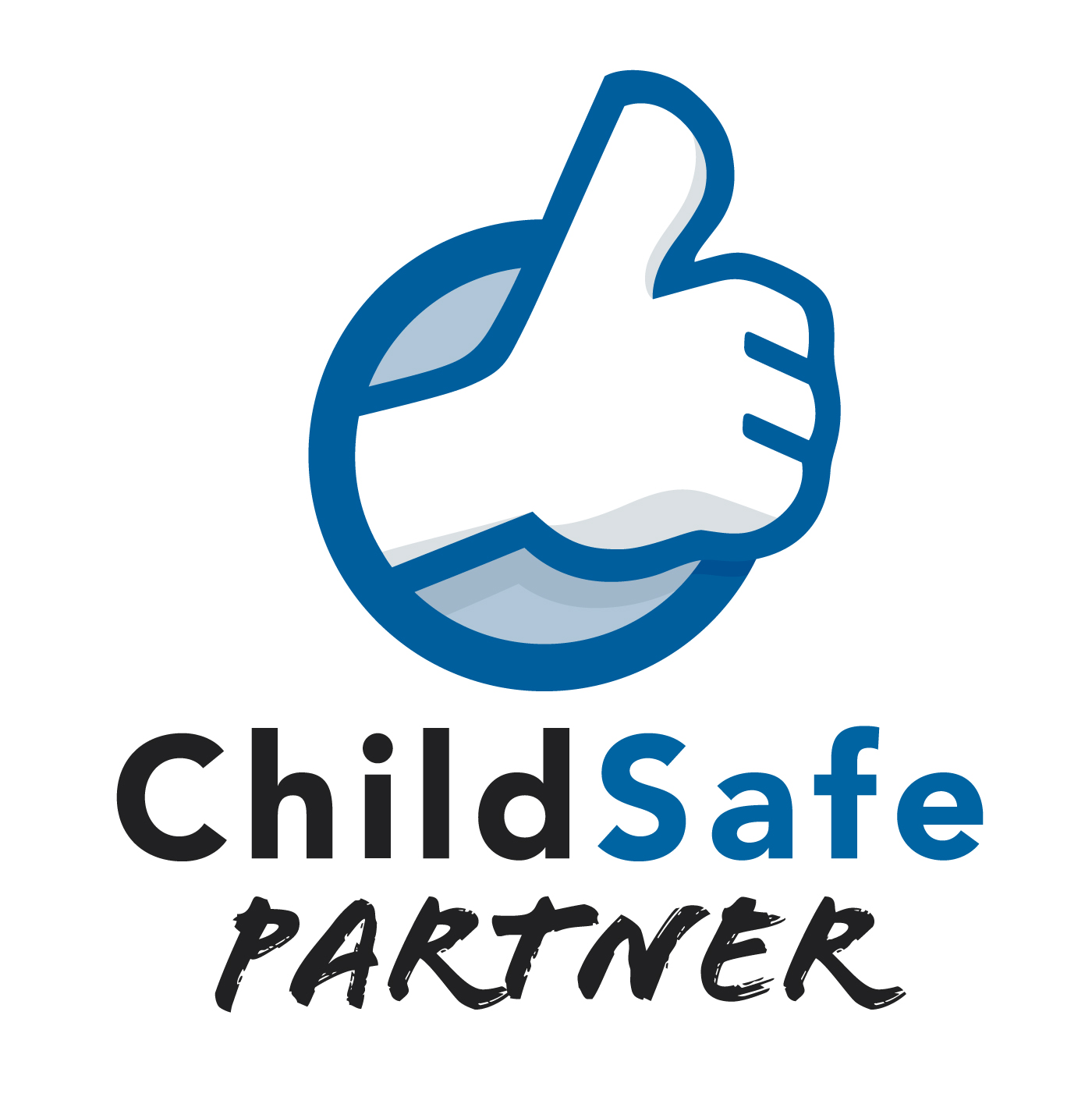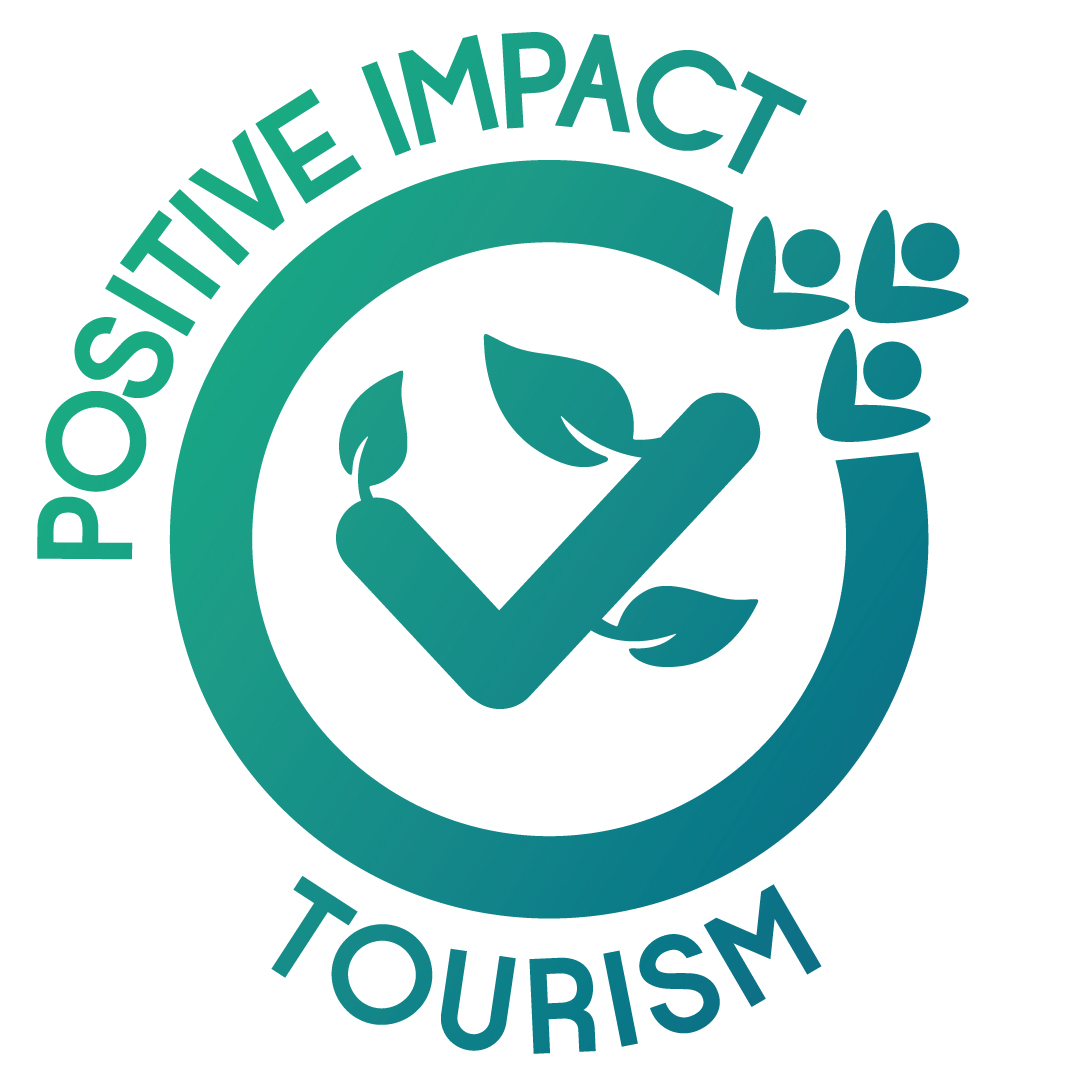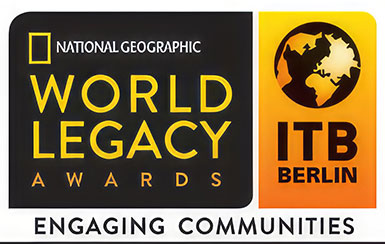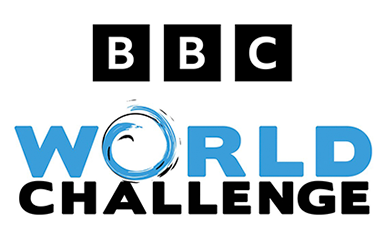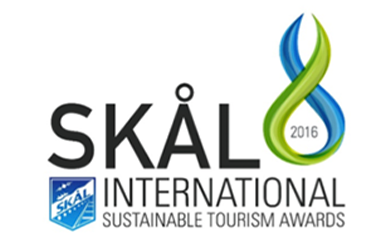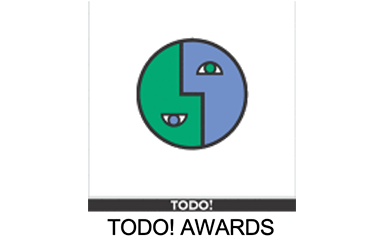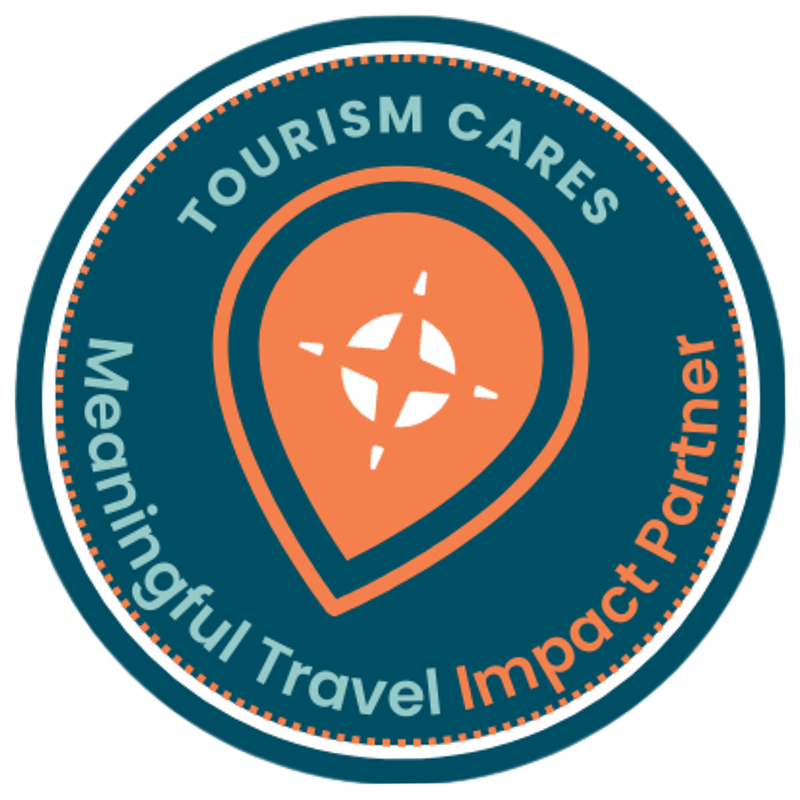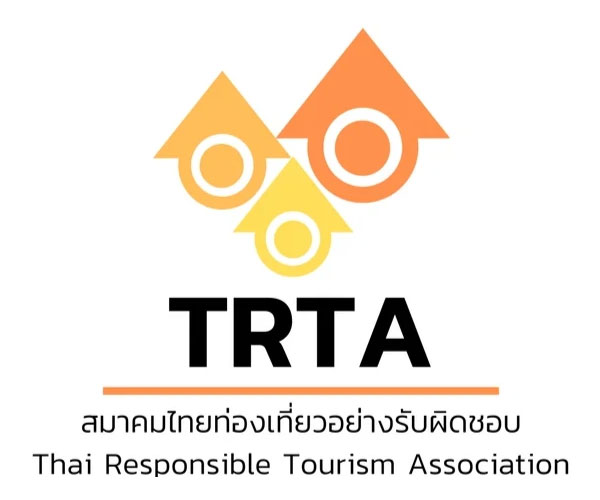Environmental Code of Conduct
Snorkeling Activities
- Where possible practice snorkeling techniques away from live coral: be careful of where you swim with your fins at all times and manage fin kicks, particularly in shallow water, be aware of moving up sediment.
- Do not rest or stand on coral. If you must stand up, make sure it’s on sand. You could destroy coral reefs; without reefs fish cannot live or reproduce.
- Do not lean on coral for support when taking underwater photographs and avoid touching fragile coral stands.
- Do not jab with fingers or interfere with any plants or animals, you may destroy their habitats and disturb the ecosystem.
- Enjoy observing animals rather than touching them. Manipulating some animals or live corals can be dangerous.
- Do not track or try to capture free-swimming animals. Avoid blocking their pathway.
- Do not pick up anything underwater, living or dead; always return it to exactly the same place.
- Take time to learn about the underwater environment. Don’t hesitate to ask questions to your guides.
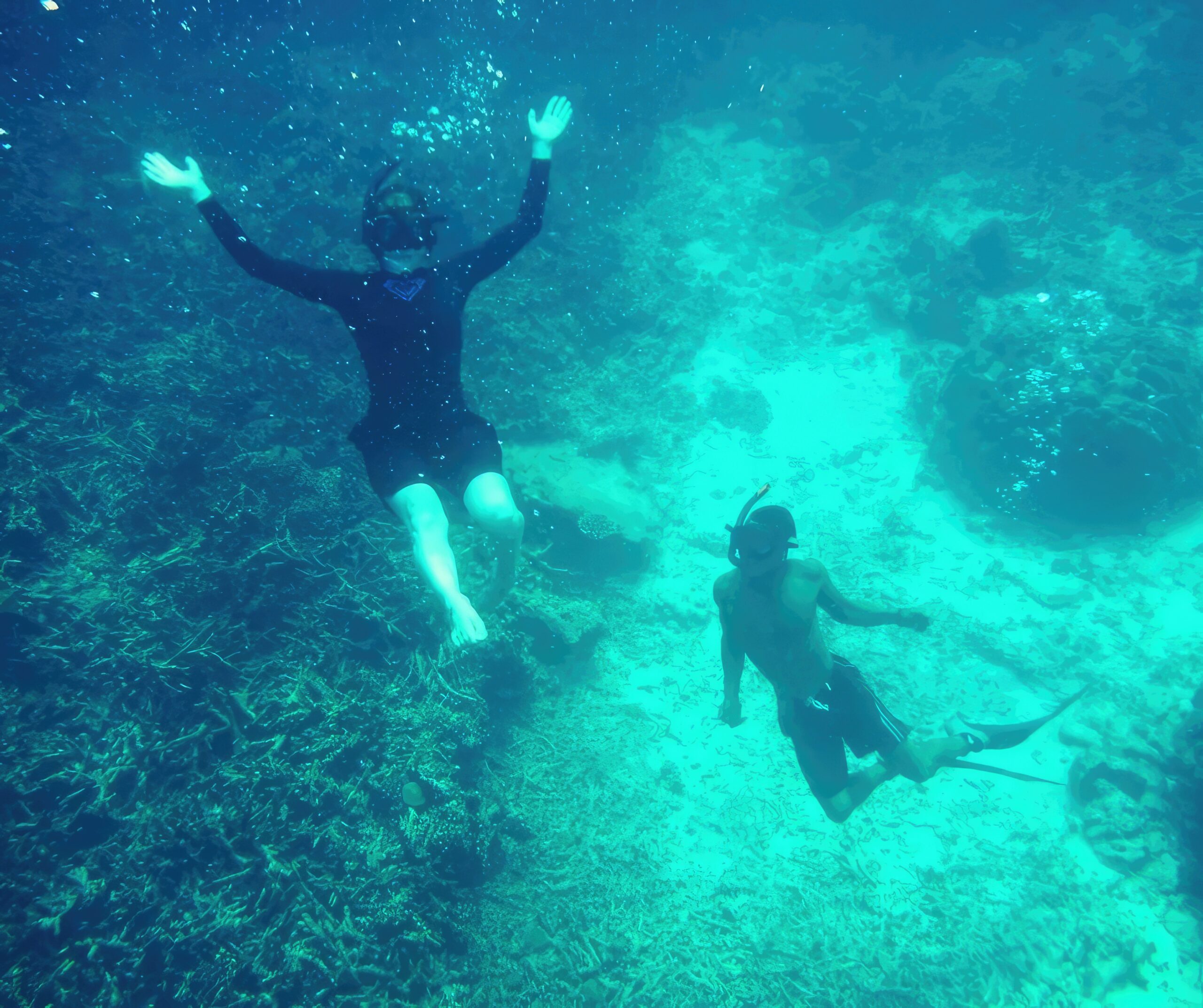
Feeding Fish and Wildlife
- Please do not feed the fish or any wildlife that you come in contact with.
- They would get used to another type of food which doesn’t exist underwater, or they may get sick. Fish feeding results in changing their feeding behavior and they won’t graze on algae which, if not managed by the fish, can choke the corals.
- When animals become habituated to being fed by snorkelers, they may lose some of their ability to find food on their own, or create diseases which can affect population size.
- Fish have their own nourishment in the marine biodiversity, which is adapted to their particularities; fish feeding disrupts the natural balance of marine ecosystems.
- Fish food tends to make fish more aggressive, and it may also have a damaging effect on the reef and ecosystem.

Collecting shells and Illegal Souvenirs
- Take only photos, leave only footprints: Please respect this protocol and do not take shells, coral, or marine life from the sea or beach.
- Do not purchase or support illegal souvenirs. Please see the CITES website for a list. https://cites.org/eng/disc/species.php
Reduce, Reuse, Recycle
- Turn off electrical appliances when not in use.
- Turn off water when not in use and use only as much as needed.
- Bring your own re-usable water bottle.
- Politely decline plastic bags when at the store and local market. Bring your own re-usable bag. You can use the saying “ Lok Ron” which means the earth is hot
- Do not drop litter, Plastic waste such as empty bottles and plastic bags are particularly dangerous as they can take hundreds of years to decompose. Turtles and dolphins can mistake plastic bags for food, and once swallowed they can result in internal blockages, infections, starvation and death.
- Never throw used cigarette ends onto the beach, or into the sea or in rivers. Take your cigarette ends away with you and dispose of them properly. Cigarette filters are non biodegradable and can exist in the marine environment for many years. Marine animals, such as whales, dolphins, sea birds and turtles, can mistake them for food. Once eaten the filters can block the digestive system, release toxic chemicals into the blood stream and kill the animal.
- Try to use rechargeable batteries wherever possible. Dispose of any used non-rechargeable batteries by taking them to a special battery recycling facility. Alternatively, leave them in the Andaman Discoveries office, and we will take them to a recycling facility for you.
- When at the market or local restaurants, politely decline the use of Styrofoam or plastic to-go containers. Bring your own food containers.
- Collect recyclables or hazardous waste and recycle at the Andaman Discoveries/ Office.
- Think before your throw away old or broken belongings. Check with Andaman Discoveries staff to see if it can be repaired or donated to a local family or cause.
Waste Disposal on a Boat or Snorkeling Trip
If a boat does not provide toilets, visitors should use toilets before reaching and after leaving the reef, visitors should not urinate in the water. Corals grow in low nutrient waters. If you urinate, the nutrient level in the water increases and that has negative effect on the corals. Corals eventually die when they are exposed to water mixed with urine.
Use biodegradable sunscreen, because UV blocking chemicals used in many popular sunscreens (parabens, cinnamare, benzophenone, camphor derivatives), can rapidly cause viral infections that promote coral bleaching which kills off coral even at a low concentration. Sunscreens leave a film on the surface water that actually blocks essential UV rays for the marine life and ecosystem.
Keep your garbage/recyclables on the boat or with you and dispose of it at a recycling depot on shore.
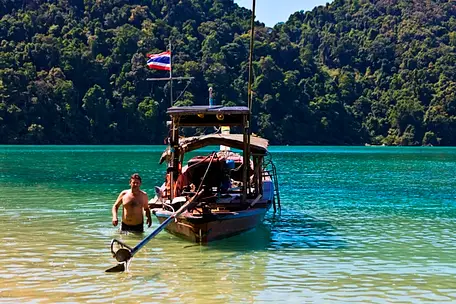
Hiking and Nature Walks
- When hiking, please stay on designated paths.
- DO not touch or take flora or fauna.
- Try and hike quietly as not to disturb wildlife.
- Pick up trash that you see as you walk.
- Follow you local guide and listen to their instructions.
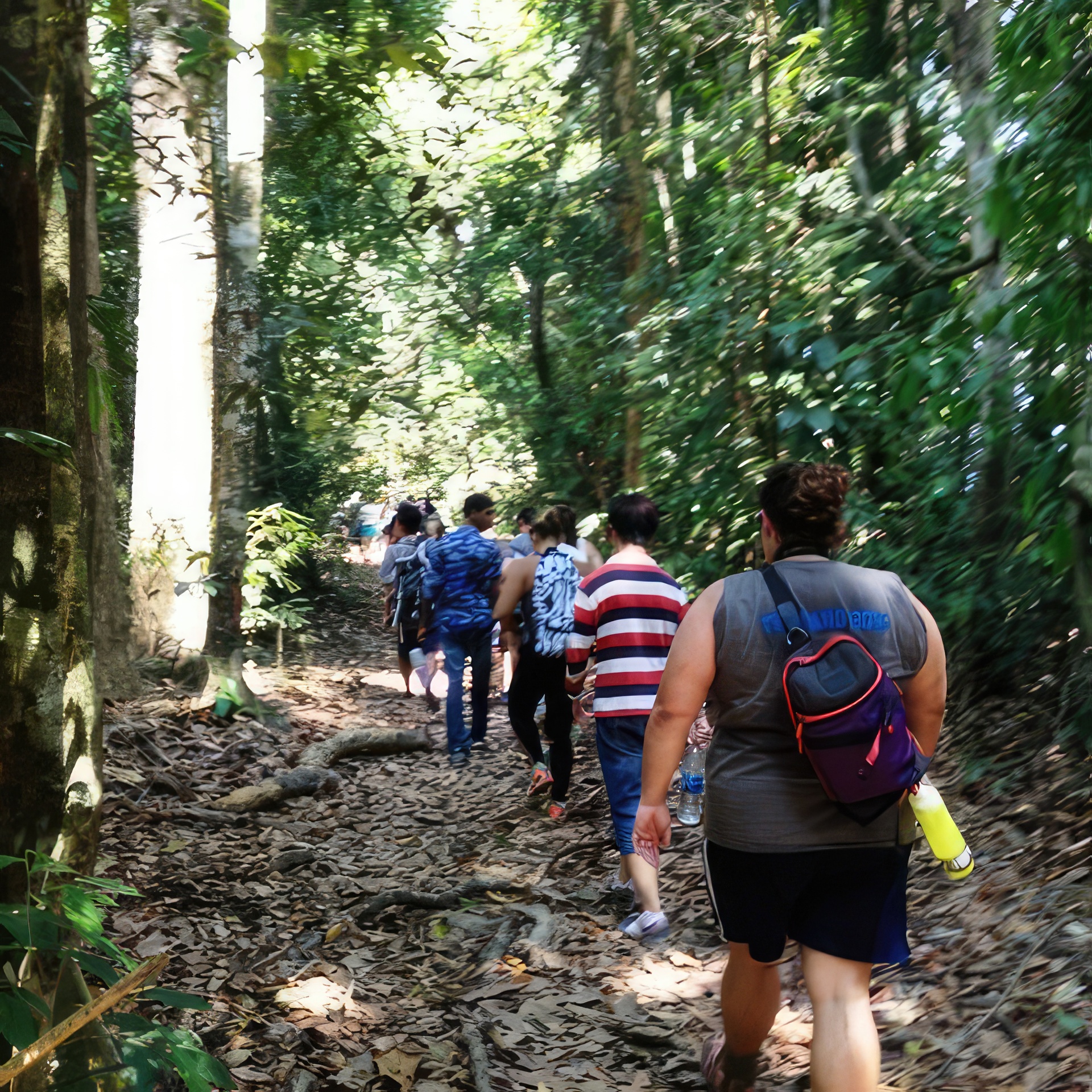
“Following these tips makes you a sustainable traveler, thank you for your effort to make our environment a better place and becoming a role model for the local people and other travelers.”


